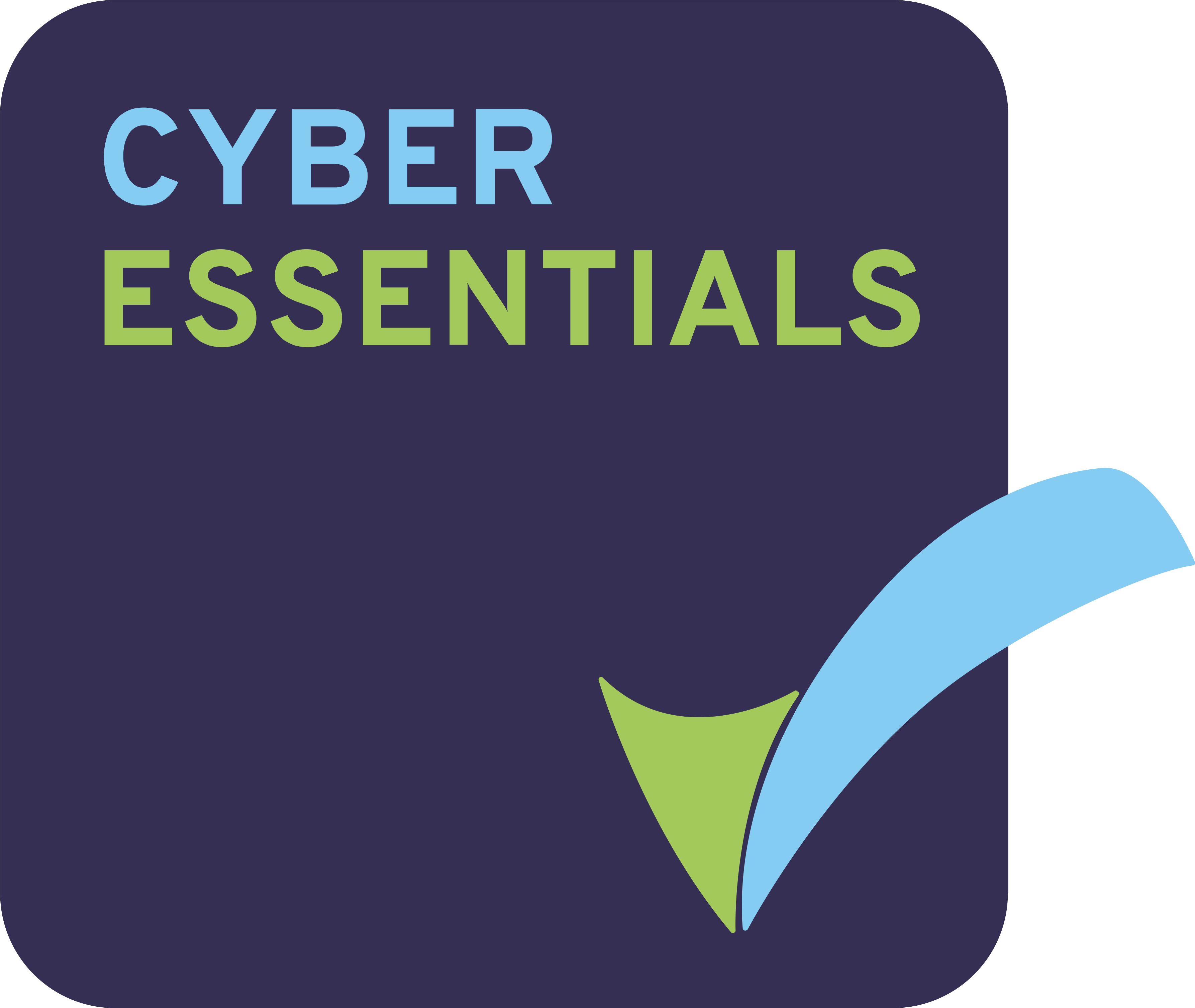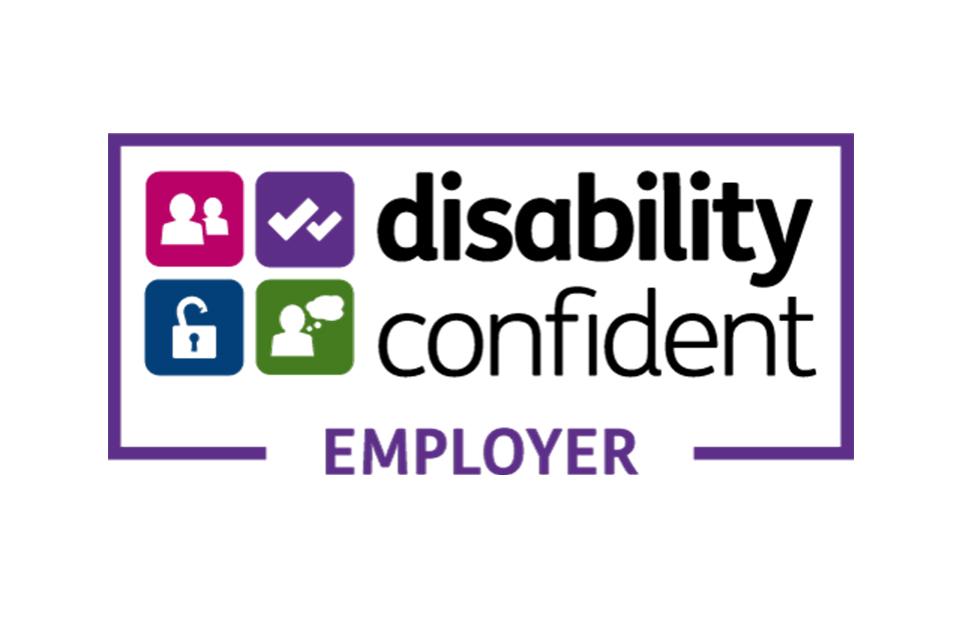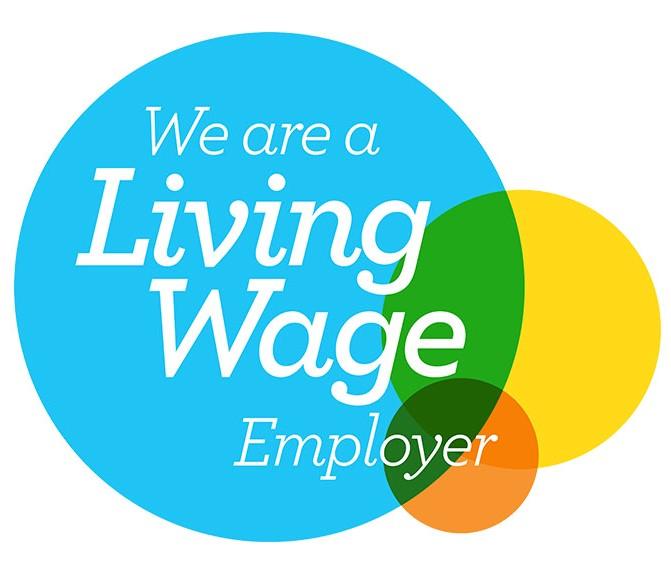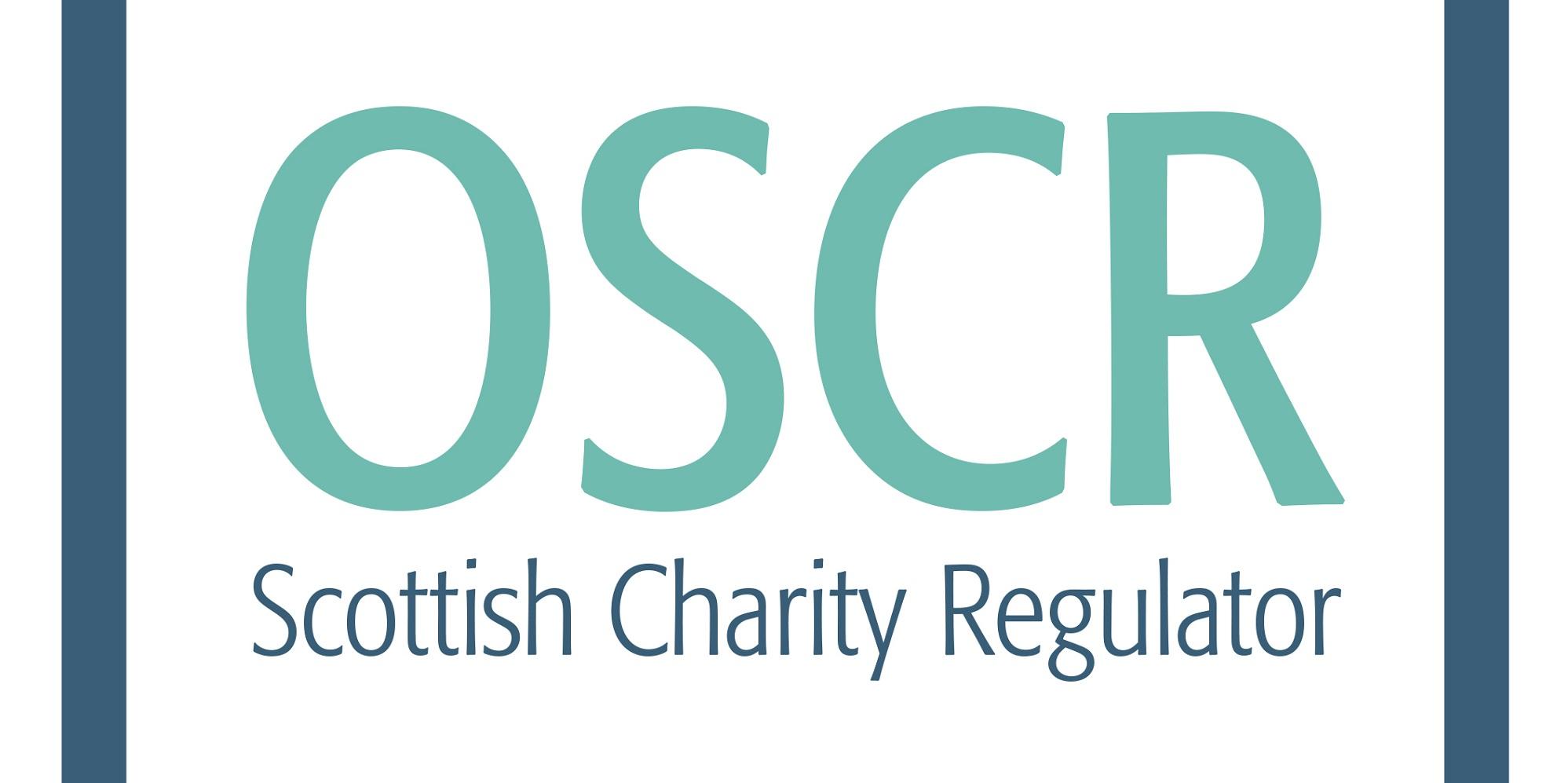Sexual Assault
Sexual crimes accounted for 5% of all crimes recorded in Scotland in 2021-22. This increased by 15% from 13,131 in 2020-21 to 15,049.
It is important to understand just what sexual assault is.
We have compiled together a list of helplines and organisations that can offer support if you believe you, or someone you know is a victim of sexual assault.
A sexual assault is any sexual act that a person did not consent to or is forced into against their will. It is a form of sexual violence and includes rape (an assault involving penetration) or other sexual offences, such as groping, forced kissing, child sexual abuse or the torture of a person in a sexual manner.
It can happen to anyone of any gender and any age.
Sexual assault is an act that is carried out without a person's active consent. Which means they did not agree to it.
Being intoxicated, not being asked, saying nothing, or saying yes to something else, is not consent.
Being in a relationship or married to someone is not consent.
Spiking is when alcohol or drugs have been put in your drink without your permission.
If your drink has been spiked or you have been injected with an unknown substance, and you think you've been sexually assaulted, go to your nearest sexual assault referral centre for specialist care and support.
If you've been spiked but feel you have not been sexually assaulted, call 111 for urgent medical advice, especially if you have any symptoms you are worried about.
Also contact the police on 101 and tell them what happened.
If you are a friend or a relative of someone who has been sexually assaulted:
- Believe what they are saying.
- Listen to the person but don't pressure them to give you details of the assault. Don't ask what they did to stop it, this can make them feel as though you are blaming them.
- Offer practical support, such as asking if you would like to go with them to appointments.
- Respect their decisions - for example, whether or not they want to report the assault to the police.
- Bear in mind they might not want to be touched. Even a hug might upset them, always ask for consent. If you are in a sexual relationship with them, be aware that sex might be frightening and don't pressure them.
- Don't tell them to forget about what happened. It will take time for them to deal with their feelings and emotions. You can help by listening and being patient.
08088 01 03 02 – Rape Crisis Scotland
08088 00 00 14 (Call) 0771279510 (Text) support@rapecrisiscentre-glasgow.co.uk (Email) – Glasgow and Clyde Rape Crisis
0800 027 1234 – Scottish Women’s Aid
0808 2000 247 – White Ribbon
0141 276 7710 or assist@no-smtp.glasgow.gov.uk - ASSIST






